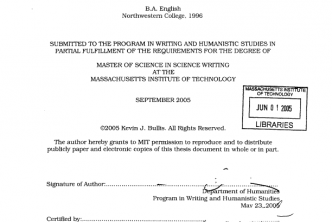In 2018, an unlikely partnership formed at the University of Minnesota, called the “Kawe Gidaa-naanaagadawendaamin Manoomin” (“First we must consider Manoomin / Psiη”) collaboration. The research collaboration, whose express purpose is to protect wild rice, includes both tribal and non-tribal institutions and members. Since 2018, the group has grown to include social scientists, graduate students, and undergraduate researchers. The research partners are now probing scientific and ethical questions about wild rice decline in the upper Midwest and the role of genetic research at the university. The “First” collaboration is one of a handful of tribal/university research partnerships that have sprung up around the country to include tribal perspectives and traditional knowledge in mainstream ecological research. More than stakeholders, tribal partners involved in these projects share power and governance over research alongside mainstream institutional partners. However, such partnerships are not isolated from the complicated histories of European settler colonialism that persist through US institutions today. Finding a way to reconcile those histories is crucial to the success of the partnerships themselves. In the case of the “First” collaboration, reconciling these histories means deeply investing in relationships — relationships to the land and between people — even if that means putting data collection on hold.
Grace van Deelen
Grace van Deelen‘s love for the natural world sprang from her childhood growing up in the Great Lakes region, where she learned to appreciate both the beauty and fragility of the ecosystems around her.
She graduated from Tufts University, where she spent four years earning degrees in biology and anthropology. During her time there, she researched yield variability on coffee farms in Costa Rica and caught native pollinators in the farm fields of southern Wisconsin. She kept coming back to her love of writing as a way to meld her interests in human culture and the natural sciences, and eventually wrote a thesis about how entomologists practice care for their study subjects.
Grace’s hope as a writer is to convey the awe that science brings to the world while also highlighting how science is as much a social and political process as it is a way to produce knowledge.




